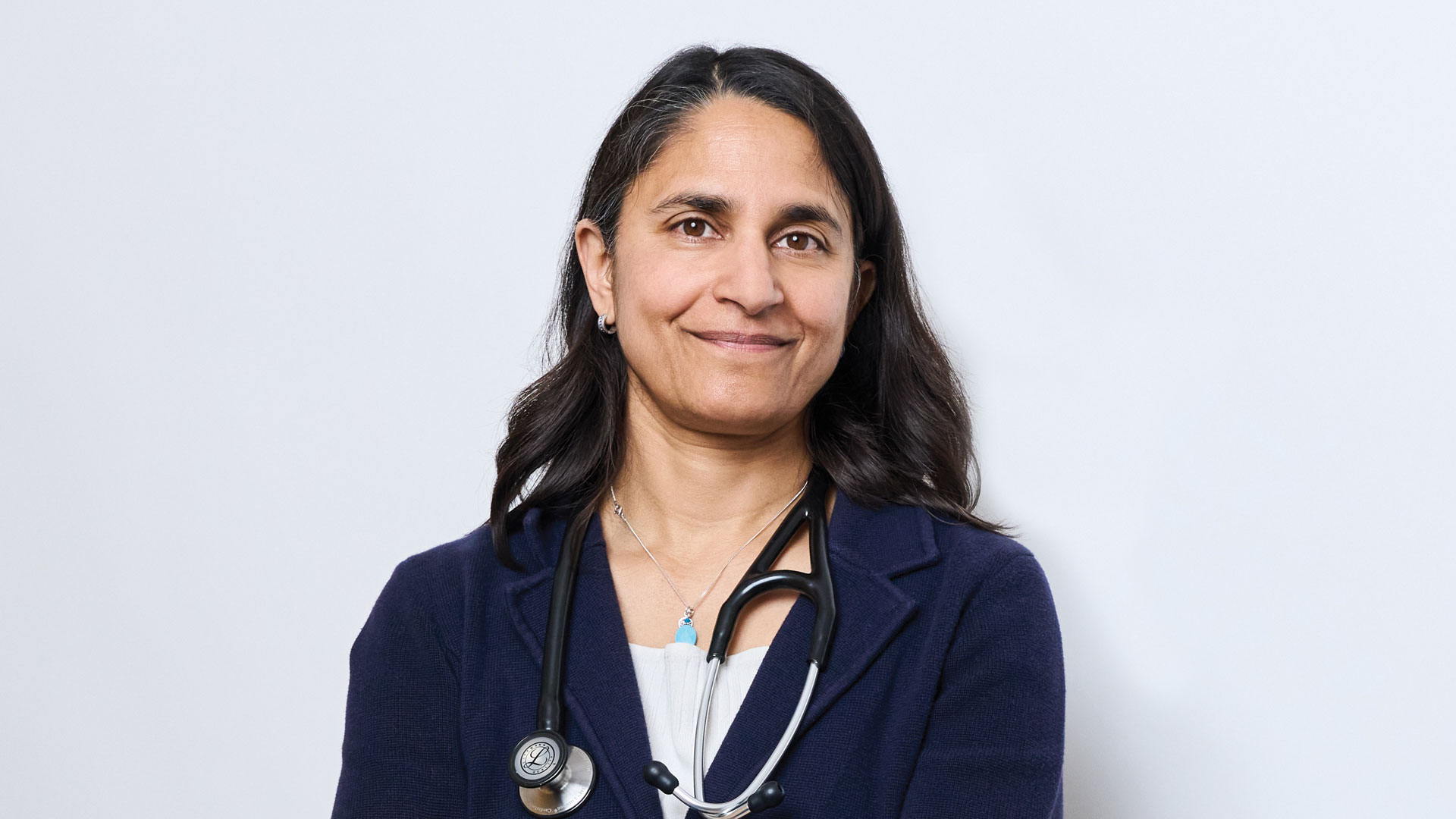
Innovative research will save women’s lives
Dr. Kara Nerenberg finds clues in pregnancy to a woman’s future risk of heart attack or stroke
Chapter 1 Women at risk
Dr. Kara Nerenberg doesn’t like surprises. She especially doesn’t like it when a woman in her 50s or 60s suddenly has a stroke or is diagnosed with heart disease out of the blue.
Dr. Nerenberg wants to prevent surprises like this by looking for cardiovascular warning signs earlier in women’s lives. In her research at the University of Calgary, she is zeroing in on pregnancy as an opportunity to assess women’s risk factors and take steps to prevent a future heart attack or stroke.
Why pregnancy? “It’s a time where women truly are interacting with the healthcare system,” says Dr. Nerenberg, who holds the Heart & Stroke Mid-Career Women’s Heart and Brain Health Chair.
“And we also know that several common conditions that occur in pregnancy actually increase a woman's future risk of cardiovascular disease.”
She points to the high blood pressure disorders of pregnancy, including pre-eclampsia and gestational hypertension. Women who experience these conditions are four times more likely to develop chronic blood pressure problems, 2.5 times more likely to develop heart disease and twice as likely to have a heart attack or die of heart disease. Other conditions associated with future risks include gestational diabetes and preterm birth.
And the stakes are high: An estimated 15 to 20% of Canadian women develop one or more of these medical conditions during pregnancy.
Chapter 2 Screening is key
To change women’s health outcomes, Dr. Nerenberg headed a research program called IMPROVE (Identifying Methods for Postpartum Reduction of Vascular Events), which wrapped up in 2022.
IMPROVE looked at women’s interactions with the healthcare system and how often they are screened for cholesterol and diabetes after having a baby. Secondly, it investigated whether a special follow-up program could help these mothers reduce their heart disease risk factors in the decade after the baby is born.
“If we can implement early screening for cardiovascular risk factors, management and prevention interventions early after pregnancy, we really believe that there's the opportunity to prevent these cardiovascular disorders in the future,” Dr. Nerenberg says.
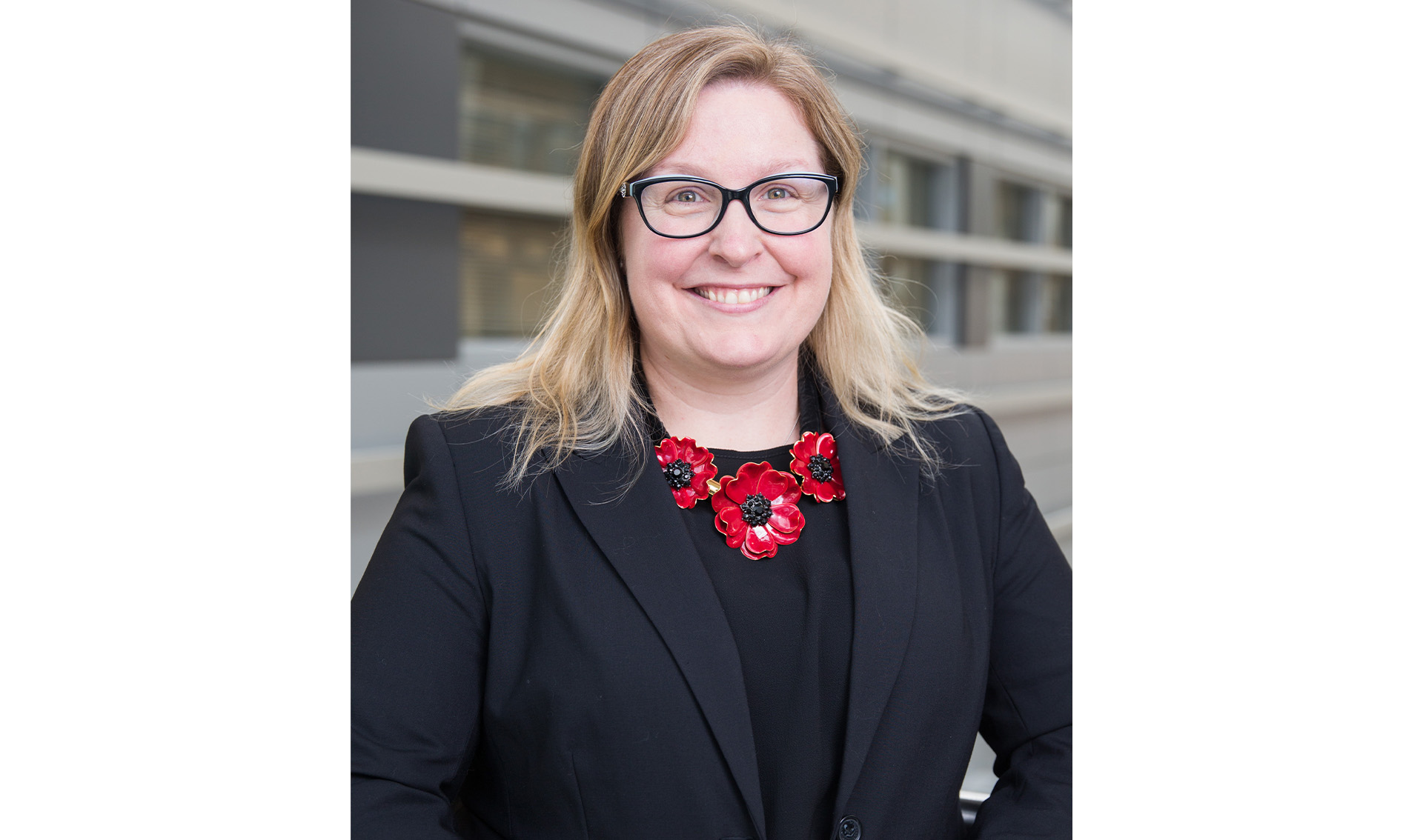
Dr. Nerenberg's research program examined how often women were screened for early risk factors, such cholesterol and diabetes, after pregnancy.
The connection between pregnancy conditions and heart disease and stroke risk is not fully understood, Dr. Nerenberg says. Some women are likely prone to known risk factors such as high blood pressure, high cholesterol and obesity.
“But we are also learning that during pregnancy itself, these health conditions actually damage a mother’s blood vessels from head to toe.” That can start or accelerate the buildup of plaque in arteries, which can lead to heart disease and stroke.
Chapter 3 Beyond biology
For Dr. Nerenberg, the biology of heart disease is only one factor that needs to be better understood. She is also concerned about barriers that may keep women from accessing medical care, including gender-related roles such as child care or caring for elderly parents, ethnicity, and socioeconomic status.
“It’s important that we look beyond the established models of cardiovascular disease and start looking at how we layer in the social determinants of health and intersectional factors, so we can better understand the biology, but also personalize health care.”
Dr. Nerenberg helped create the Canadian Post-Pregnancy Clinical Network, which connects 20 clinics across the country. The goal of this group is to establish best practices for caring for pregnant women and new moms with high blood pressure; it planned to release clinical guidelines in late 2022.
She has also developed a provincial surveillance system in Alberta that has discovered, among other things, a dramatic rise in pre-eclampsia over the past 10 years.
For the support from Heart & Stroke donors that allows her to find better ways of helping her patients, and those across the country, Dr. Nerenberg is all thanks. “It’s so important to have funding from organizations like Heart & Stroke. It really shows to researchers that their research is important. I’m really proud and grateful.”
- Learn more about women’s unique risk factors.
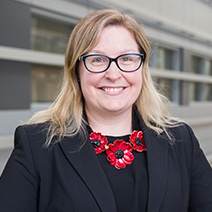
Join the fight to end heart disease and stroke.
Real stories, real impact
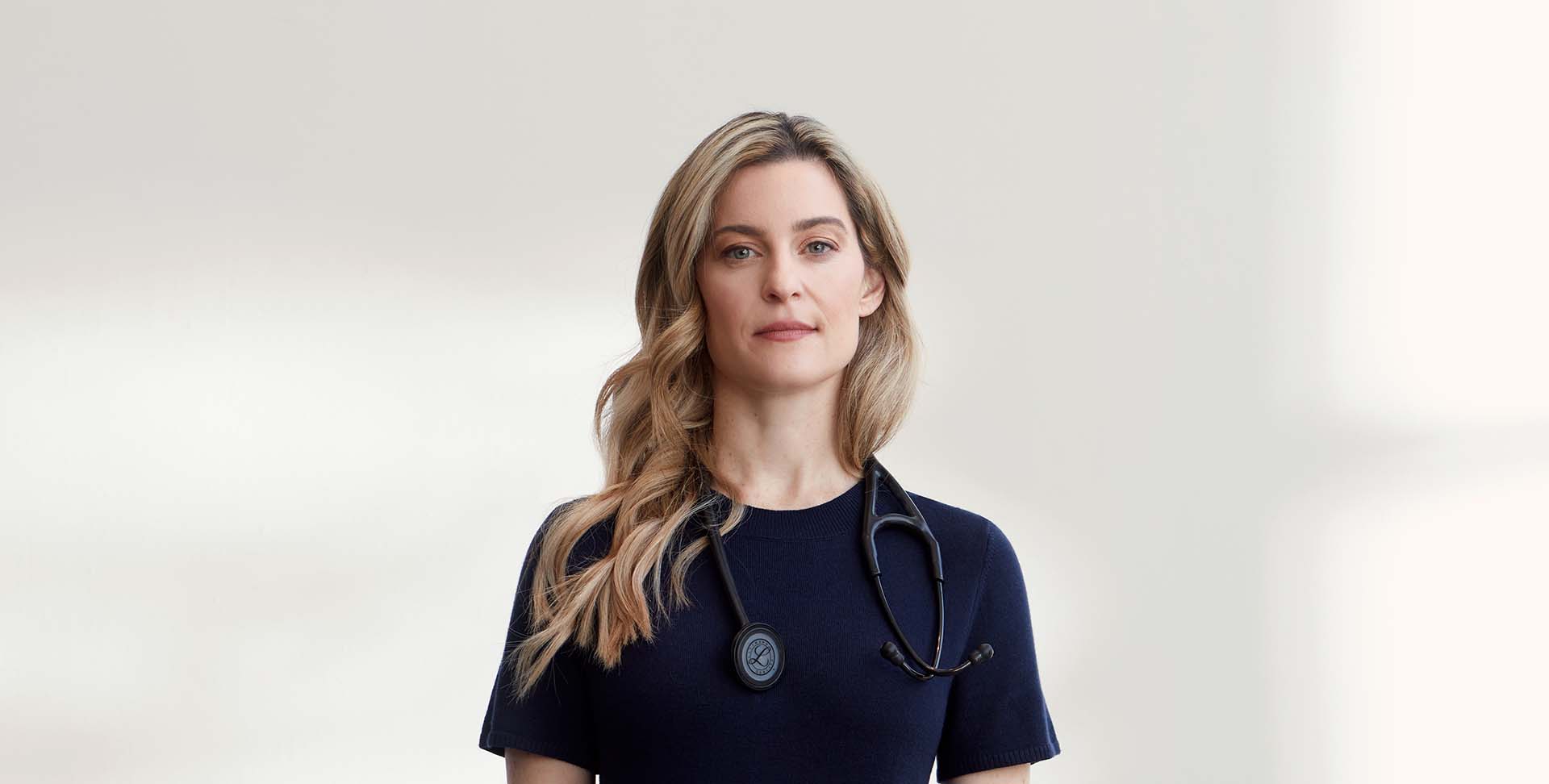
Working to beat heart failure
Cardiologist Dr. Jacqueline Joza is pioneering a pacemaker innovation that could prevent heart failure
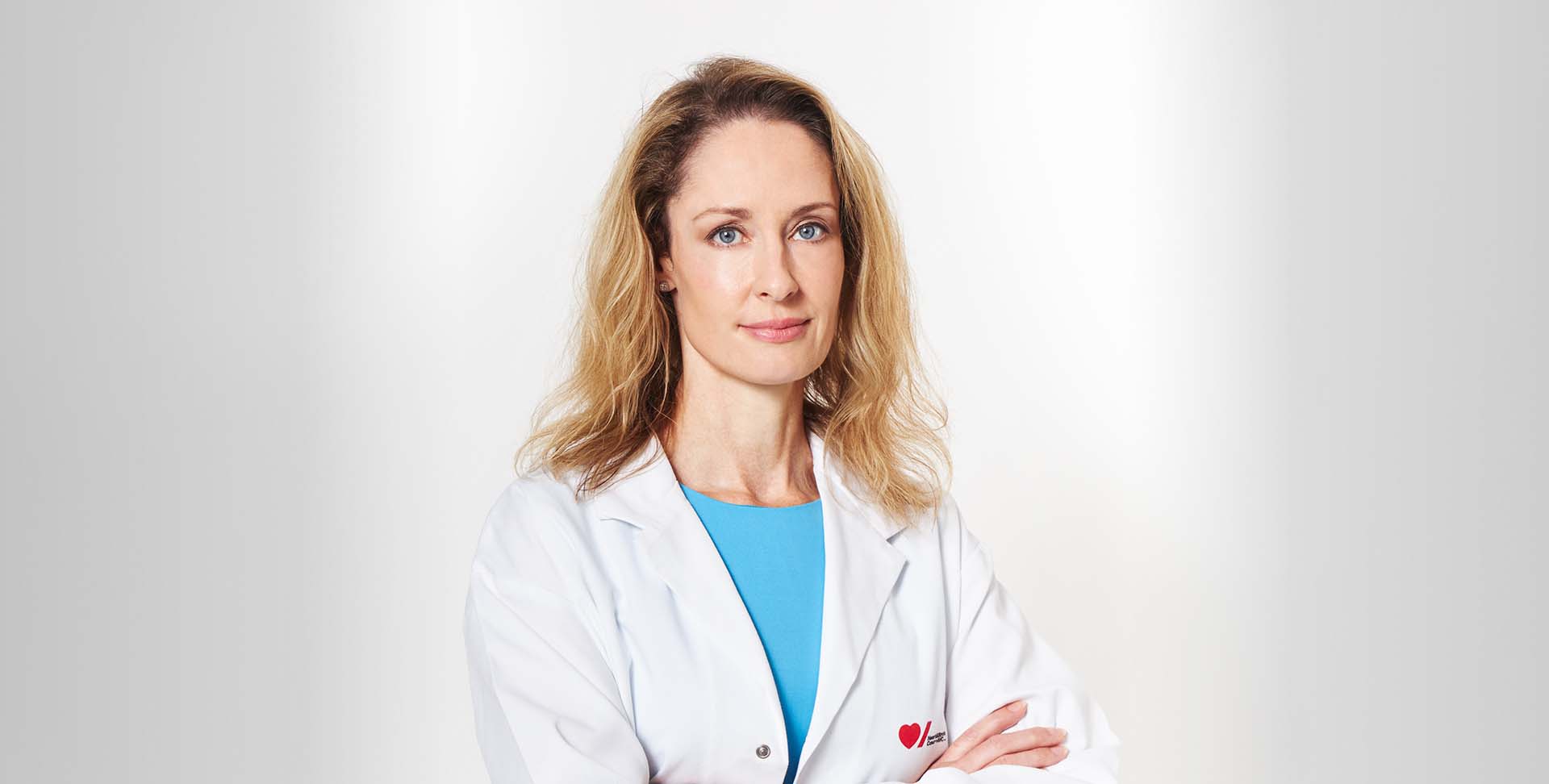
Researcher braces for pandemic aftermath
Dr. Clare Atzema works to improve care for heart patients. COVID-19 just made that more urgent

Facing a future with heart failure
The diagnosis knocked Kevin down. But after open-heart surgery, he’s back on his feet
